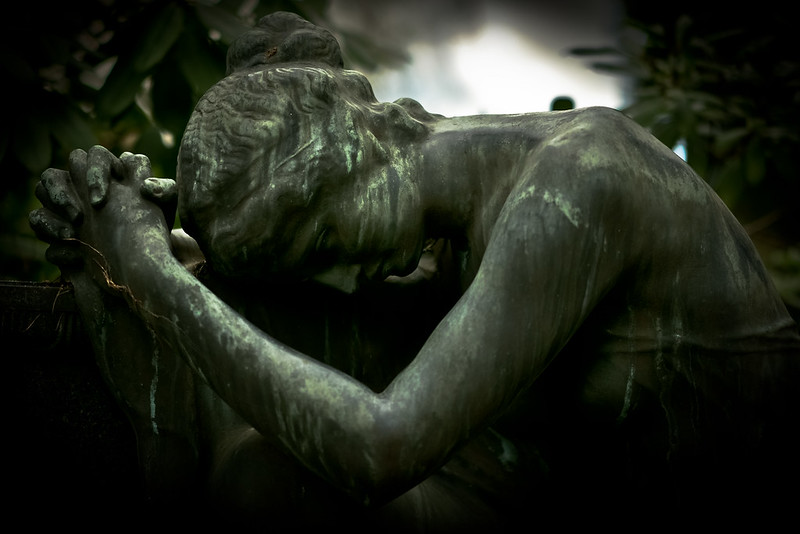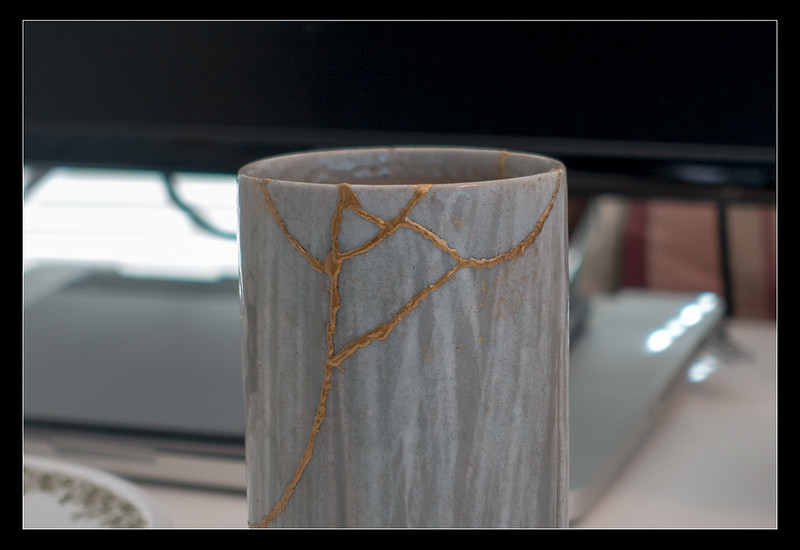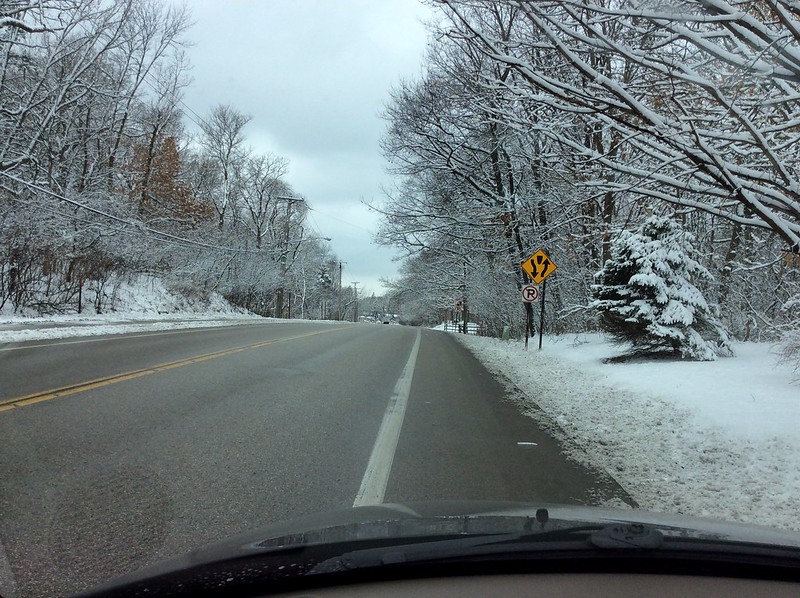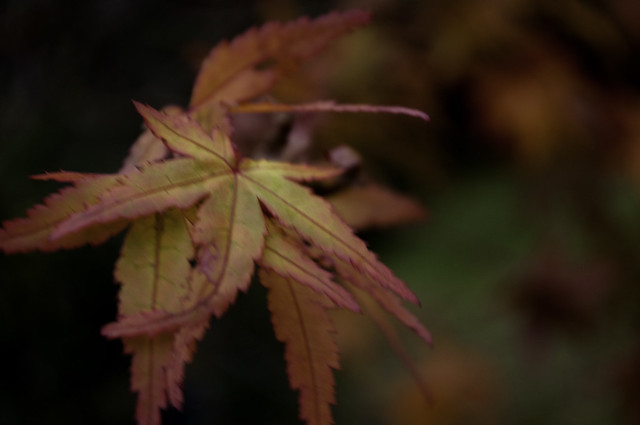I am slowly making my way through The Book Of Joy by His Holiness the Dalai Lama, Archbishop Desmond Tutu, and Douglas Abrams.
These three men are from very different worlds. And these three men from different socio-economic, faith, and racial backgrounds joined together to write a book about joy. I was intrigued from the moment I first learned of this book. While I believe in God, I do not believe that my faith background holds all the truth there is to be learned about life and compassion, about God. The world is too big, God is too large for that to be so. And it warmed me that a Buddhist, a Christian, and a Jew could forge such bonds of friendship with each other. Could delight in each other.
Which is part of why I'm slowly reading this book. Normally, I would devour it quickly and move on to the next book. I love knowledge and learning. Sometimes I love it more than the application of knowledge. Knowing this about myself, and knowing that joy is something that has been on my mind for the last three years, I made the decision to enter into this book with intentionality. This might be my only opportunity to learn at the feet of two men I admire greatly and a man they admire. I was going to make the most of it.
The forward sets the tone for the book, and within the forward are these paragraphs:
No dark fate determines the future. We do. Each day and each moment, we are able to create and re-create our lives and the very quality of human life on our planet. This is the power we wield.
Lasting happiness cannot be found in pursuit of any goal or achievement. It does not reside in fortune or fame. It resides only in the human mind and heart, and it is here that we hope you will find it.
Lama, Dalai; Tutu, Desmond; Abrams, Douglas Carlton (2016-09-20). The Book of Joy: Lasting Happiness in a Changing World (p. ix). Penguin Publishing Group. Kindle Edition.I read these words and had to put the book down and let the words wash over me, through me. In these words is permission. Permission to choose. Permission to create and dream. To wrest back our ability to act from the hands of everything around us that wants to lay siege upon our will. We are put back into the driver's seat.
But how? How do we find joy? Especially if it is not happiness. And is not found in accomplishments? If joy is an internal state, what must be done to find it? And live in joy in a world filled with suffering? Some of this comes down to choice:
They offer us the reflection of real lives filled with pain and turmoil in the midst of which they have been able to discover a level of peace, of courage, of joy that we can aspire to in our own lives. Their desire for this book is not just to convey their wisdom but their humanity as well. Suffering is inevitable, they said, but how we respond to that suffering is our choice. Not even oppression or occupation can take away this freedom to choose our response. (p. 7)And resilience, I think, though so far this term has not been used in the book (I'm still mulling over the introduction and first chapter), but resilience applies to how Archbishop Tutu describes life with joy in the face of suffering:
Discovering more joy does not, I’m sorry to say...save us from the inevitability of hardship and heartbreak. In fact, we may cry more easily, but we will laugh more easily, too. Perhaps we are just more alive. Yet as we discover more joy, we can face suffering in a way that ennobles rather than embitters. We have hardship without becoming hard. We have heartbreak without being broken. (p. 12)Joy seems to spill over from empathy and compassion. From feeling deeply. Which sometimes scares me. If I don't feel too deeply, then I'm not going to expose myself to too much pain. Isn't this what we learn? That feeling deeply leads to deep pain? But what if it doesn't? What if feeling deeply, or empathy and compassion, actually leads to resilience? It's something I am questioning for myself.
The Dalai Lama builds on this, and stresses the inner life. That the core of our joy, of our strength, is within. And that this is the same for all people, regardless of race, religion or creed:
It does not matter whether one is a Buddhist like me, or a Christian like the Archbishop, or any other religion, or no religion at all. From the moment of birth, every human being wants to discover happiness and avoid suffering. No differences in our culture or our education or our religion affect this. From the very core of our being, we simply desire joy and contentment. But so often these feelings are fleeting and hard to find, like a butterfly that lands on us and then flutters away.
The ultimate source of happiness is within us. Not money, not power, not status. Some of my friends are billionaires, but they are very unhappy people. Power and money fail to bring inner peace. Outward attainment will not bring real inner joyfulness. We must look inside. (p. 14)I'm chafing a little at the thought that the ultimate source of joy is within. I was taught we are created in God's image and all good things come from God. Joy comes from God. At the same time, this makes sense. Joy is intensely personal. It may spill over from within onto the people around us, but it starts with us. With me. And if the source of joy is within me, that doesn't detract from God. Or from human evolution. Or social science. It shows just how amazing humanity can be.
The Book of Joy is going to be a very interesting journey. It's already doing it's best to stretch my understanding, which is a very good thing.
Gratitudes:
- Chocolate coconut water.
- The loamy scent of autumn.
- Silence.
Resources:





